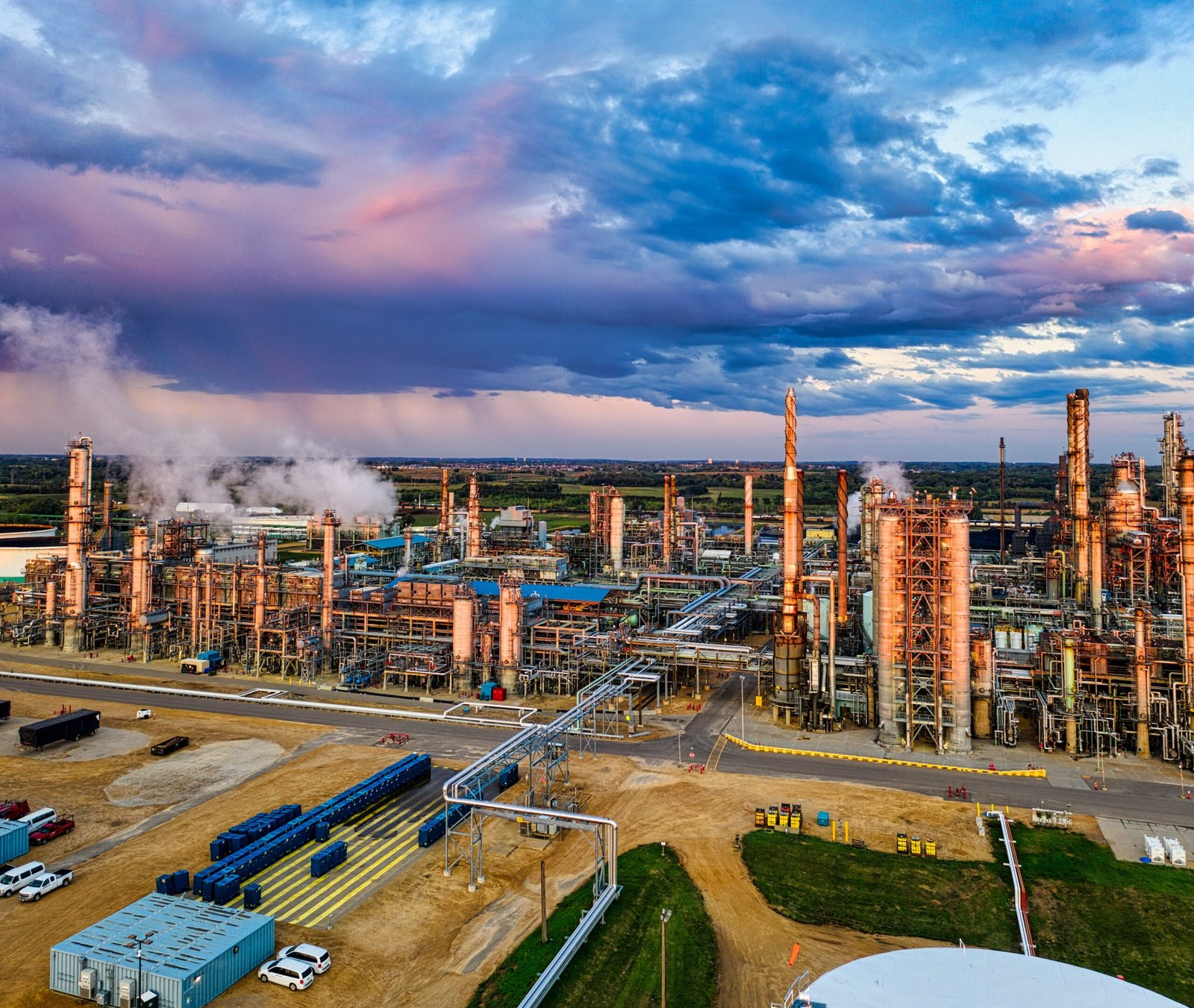This is also beneficial for businesses, especially in the transportation and travel sectors. Lower petrol prices mean more customers and more profits.

Fuel prices at the pumps can be unpredictable, so it’s important to stay informed about how they are changing. While unleaded petrol prices have dropped 10p per liter since last December, diesel prices have not seen the same decrease. To get the best value for your fuel, it’s a good idea to compare prices at different petrol stations.
It’s important to be aware that the petrol and diesel market is very competitive. It’s a good idea to stay up-to-date on the prices and activities of your competitors in order to get the best value for your money. The recent announcement from the CMA is great news for drivers, as the reduced prices should help them save money, especially during the holidays.
Factors Contributing to the Plummeting Petrol Prices
In the UK include the global oil market dynamics, such as an oversupply of oil and a decrease in demand, the US shale oil boom, and geopolitics. In the oil markets, global supply exceeded demand, creating a surplus and pushing down the price of oil.
At the same time, the US shale oil boom increased the supply of crude oil, which led to a decrease in prices. In addition, geopolitical factors have also played a role in the decrease in petrol prices, such as the decision by the Organization of the Petroleum Exporting Countries (OPEC) to keep production levels high. Overall, these factors have combined to create a perfect storm for petrol prices to plunge, providing consumers with cheaper fuel.
Benefits for Consumers and the Economy
Lower petrol prices in the UK can bring many financial benefits, such as increased disposable income for consumers and stimulating economic growth in key sectors such as transportation, logistics, and tourism. This could be especially beneficial during the holiday season, as consumers can save money on petrol.
This extra money can be used to buy gifts or take vacations, resulting in increased consumer spending, which helps drive economic growth. Additionally, lower petrol prices can help businesses in the transportation, logistics, and tourism industries. By lowering their costs, these businesses can offer customers better prices, resulting in more business for them.
Lower petrol prices can also benefit the environment, as it encourages people to use public transportation more often. This reduces the emissions of vehicles, thus improving air quality. For these reasons, lower petrol prices can bring about numerous benefits to individuals and the economy.
Environmental Considerations
Cheaper petrol could lead to an increase in air pollution as more people opt for cheaper petrol over lower emissions alternatives such as electric or hybrid vehicles. This could have a negative impact on global efforts to combat climate change.
An increase in air pollution could also cause a variety of health issues, including respiratory complications and heart disease. Furthermore, businesses in the transportation, logistics, and tourism industries could be incentivized to adopt green alternatives to help reduce air pollution, but if fuel prices remain low these incentives could be diminished.
For these reasons, it is important to consider not just the economic benefits of lower fuel prices, but also the potential environmental and health risks that could arise from increased consumption of fuel.

Read More: 5 Surprising Ways to Save Money on Your Energy Bills Today
Potential Challenges and Drawbacks
The record-low fuel prices in the UK are having a big impact on oil-producing countries that are heavily reliant on oil revenues. This has led to an imbalance in the global oil market and could potentially hurt renewable energy projects, such as wind and solar, that are dependent on subsidies derived from the sale of oil.
As such, it is important to consider the potential implications of record-low petrol prices on the long-term efforts to transition to cleaner energies. Additionally, the availability of cheap petrol will likely lead to an increase in the demand for motor vehicles, which in turn will lead to higher carbon emission levels and air pollution.
This could further exacerbate climate change and affect the health of the planet. Furthermore, it is possible that the UK’s record-low petrol prices could encourage other countries to do the same and that this could cause larger global imbalances in the oil market in the future. Therefore, it is important to consider the potential long-term implications of record-low petrol prices so that we can ensure a sustainable transition to cleaner forms of energy.
Conclusion:
The record-breaking drop in petrol prices in the UK is great news for households and businesses alike. With cheaper fuel costs, businesses can reduce their running costs, freeing up more money for other investments, while households can benefit from the savings on their daily commutes. Not only is this reduced fuel price benefitting drivers, but it is also helping to stimulate the UK economy. The lower cost of fuel means that people have more disposable income to spend on other purchases, thereby driving economic growth.
